Biden-Putin in Geneva: looking for common ground
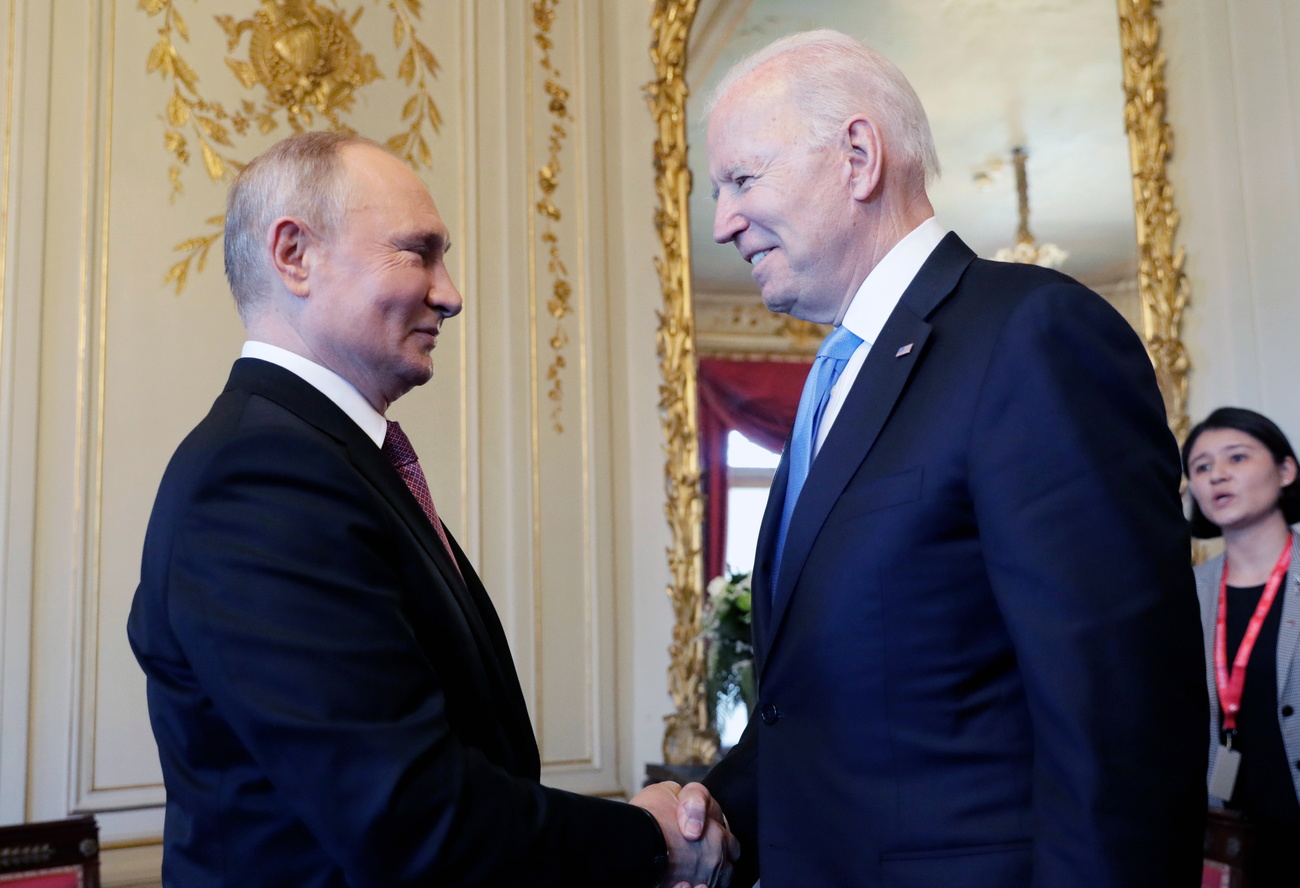
The world’s eyes are on Geneva this June 16 as a historic summit takes place between US President Joe Biden and Russian President Vladimir Putin. Relations between the two countries could hardly be worse, so why are they meeting? We talk to an American political analyst and Russian journalist based in Geneva for their take on this summit.
Ukraine, Belarus, Syria, Navalny, cyberattacks and interference in US elections: the list of Western problems with Russia is long. Russia also has its perennial problems with the West, including sanctionsExternal link which Biden tightened in April and which are hitting the Russian economyExternal link. Former US President Donald Trump was accused of being too close to Putin, and Biden’s rhetoric has been much tougher. He has even called Putin a “killer”, to which the Russian president replied that “it takes one to know one”. Some people might be surprised that they are meeting at all.
Not so surprising
David Sylvan, an American political scientist at the Graduate Institute of International and Development Studies in Geneva, is not one of them. “Most US presidents going back to Franklin Roosevelt have held summits with the leaders of what was the Soviet Union, now Russia, and it would have been surprising if Biden had not,” he says. “First, Russia is an important interlocutor for certain kinds of purposes. Biden has a bone to pick with Putin on a number of issues, but at the same time, the fact that he wants to be tough on Russia doesn’t mean he doesn’t also want to appear perfectly willing and interested in having diplomatic solutions to the problems.”
For Putin, some commentators have suggested that the summit is already a victory. “I wouldn’t call it necessarily a victory, but I think it is certainly very, very important for his legitimization in the eyes of the world and of his own citizens,” says Russian journalist Nadia Sikorsky, editor of Geneva-based online journal nashagazeta.chExternal link. “And I think it’s even more important for him today than it was for Mr. Gorbachev back in ’85.” The historic 1985 summit between former US and Soviet presidents Ronald Reagan and Mikhail Gorbachev also took place in Geneva, and she remembers that time, when she had just started journalism school in Moscow. There was a lot of hope then, but today it is very different, according to Sikorsky. She says many Russians, especially young people, are disenchanted and say so openly. That puts a lot of pressure on Putin.
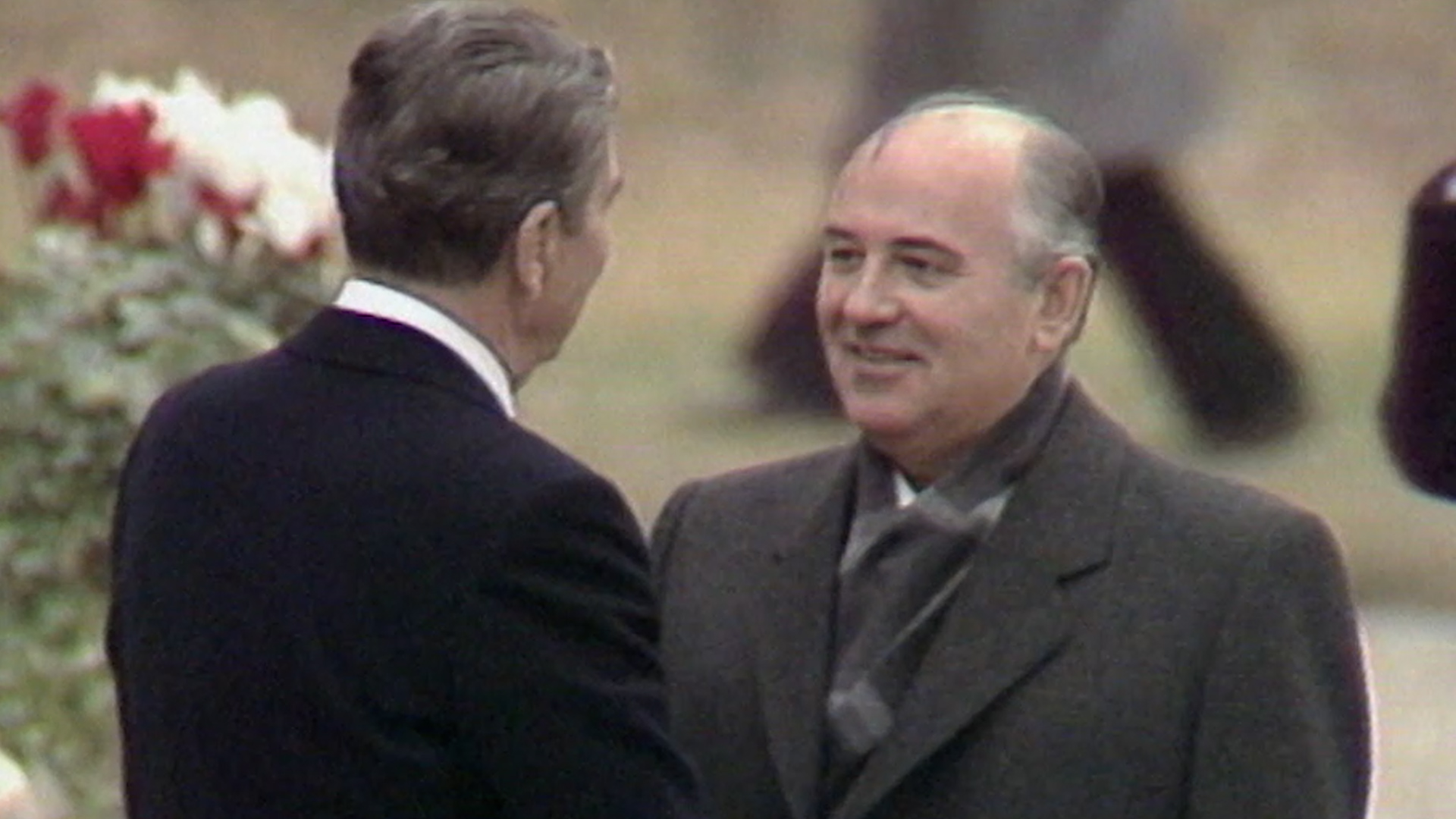
More
Diplomatic back channels: when Reagan and Gorbachev met in Geneva
What’s on the menu?
The range of issues the two leaders could tackle is potentially vast, but Sylvan says such meetings are prepared “within an inch of their lives for weeks if not months beforehand”, so the entire range of issues will have been thrashed out in advance and they may announce progress on some issues allowing a “relatively bland communiqué”. “Biden obviously is particularly concerned right now about issues such as the Russian hackers’ activities in the United States” and would like to get a sense of how far Putin is willing to push in Eastern Europe, particularly Ukraine, according to Sylvan. Iran and Syria could also be on the menu, but he thinks the idea is more generally to simply see if the two sides can salvage something.
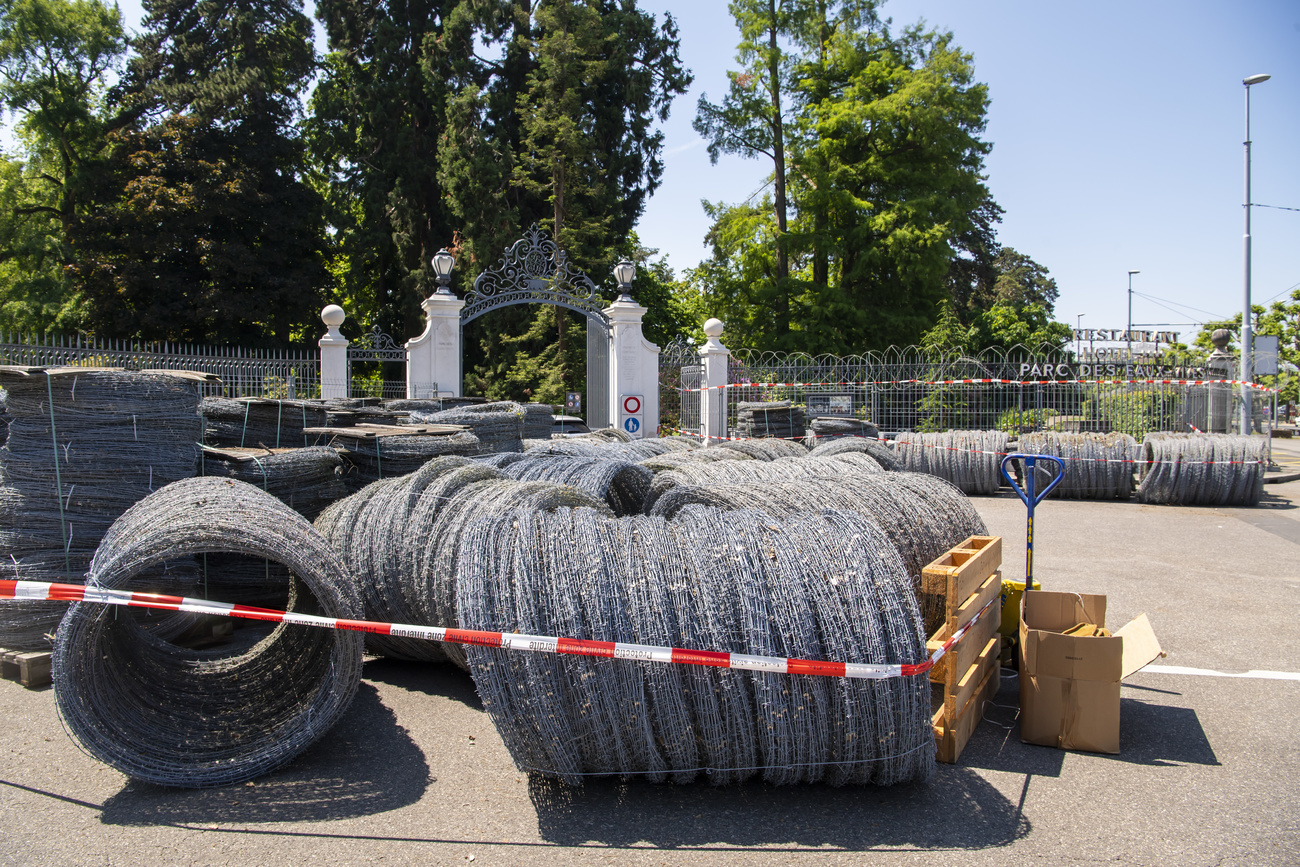
More
Switzerland beefs up security for Biden-Putin summit
Russian officials have said their agenda will include issues like strategic stability, global crises, climate change and efforts to counter the coronavirus pandemic, but Sikorsky thinks Russia’s ultimate goal at this summit should be the end of sanctions. “I don’t think it will happen, but maybe there will be a step towards it and then a more immediate goal. I think if I were President Putin, I would also try to make sure that the Russian vaccines are recognised.” Only Russia’s own anti-coronavirus vaccine, named Sputnik V, is approved in Russia, but it is not approved in Europe or the US, potentially making it harder for Russians to travel. France, for example, is opening its borders to people who have been vaccinated, but only with EU-approved vaccines.
Biden may also raise human rights issues, such as the case of jailed Russian opposition leader Alexei Navalny, who was the victim of a suspected assassination attempt by Moscow last year. “But then Putin will bring up his own jokers like Julian Assange or Leonard Peltier,External link” says Sikorsky. “I mean, let’s not pretend that Biden is all white and fluffy. There are problems in the States too, but this is the whole point of negotiations at this level.” She adds that “in view of recent information from the Swiss Federal Court, it is quite possible that President Putin will try to trade something in exchange for Vladislav Klyushin, who was arrested last March in Swiss canton Valais on the request of the US authorities, and is held in Sion while the question about his extradition to the United States is being considered.”
Personal chemistry?
This will be the first face-to-face meeting between the two men as presidents, but they have met before when Biden was US Vice-President under Obama and Putin was Prime Minister. After meeting at the Kremlin in 2011, Biden later said he had told Putin: “Mr. Prime Minister, I’m looking into your eyes, and I don’t think you have a soul.” Putin, according to Biden, looked back and smiled, saying: “We understand one another.”
So they don’t seem to like each other, but maybe it doesn’t matter. “Remember these guys are all pros, and they’re professional politicians,” says Sylvan. “What they’re interested in is whether they can do a deal. You can make a deal with someone you don’t like because you find common ground.”
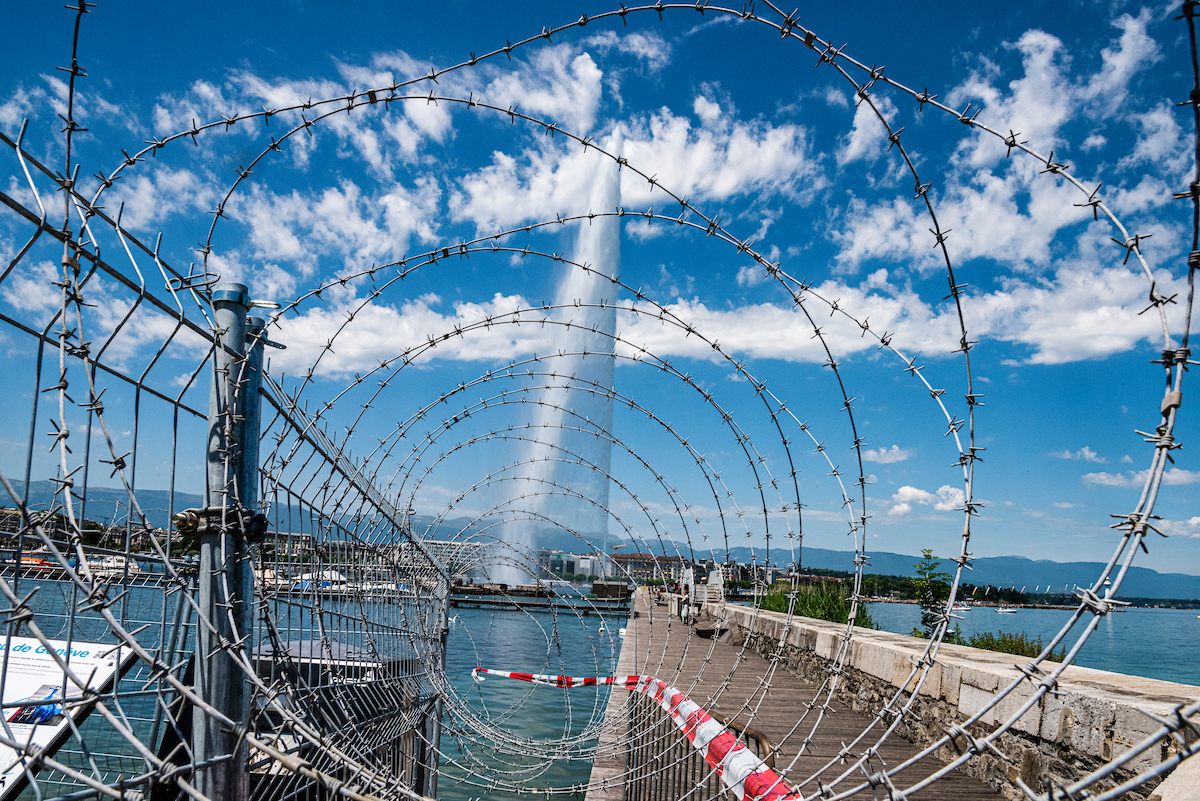
More
Geneva cordoned off for Biden-Putin summit
The White House has said that the meeting is about “managing those differences” America has with Russia and to “restore predictability and stability to the relationship”. “Predictability is not one of Russia’s known features, and certainly not of Putin,” says Sikorsky. “But, you know, he’s also not getting younger. Perhaps it’s wishful thinking, but maybe he’s also tired of living in these permanent tensions. Or maybe he loves it. But I certainly do think that Russians want to live calmly. In our recent history, like last century’s history, we went through so many upheavals that people are very tired and many dread changes.”
Expectations
Russians have high expectations of this summit, according to the journalist, but she is not so sure it will produce much. “Of course, from negotiations at this level we expect major decisions. Whether we will have them, I strongly doubt personally, but I am happy that there is a dialogue at least.”
Sylvan agrees. “In a sense, neither one has that much to offer the other one. There’s no possible way that Biden can offer Putin what he cares about, which is a much more active diplomatic role on the world stage. And by the same token, Putin can’t offer Biden just to deescalate on a whole number of issues, because that is one of his significant degrees of pressure on the United States.” He thinks there will nevertheless be some announcements, probably on arms control because “that’s the most obvious thing they can do”. And we should not forget they are playing to other audiences, including foreign and domestic supporters and opponents.
The Geneva factor
This is the biggest summit to be held in Geneva since the Reagan-Gorbachev one in 1985, and it has been hailed as a diplomatic coup for the Swiss government. “I think Switzerland is playing its traditional role of being a so-called neutral platform,” says Sikorsky. “It’s a historical place for this kind of summit, and I think the fact that Reagan and Gorbachev met here also played its part. The European office of the United Nations is also here, which adds to the symbolism.”
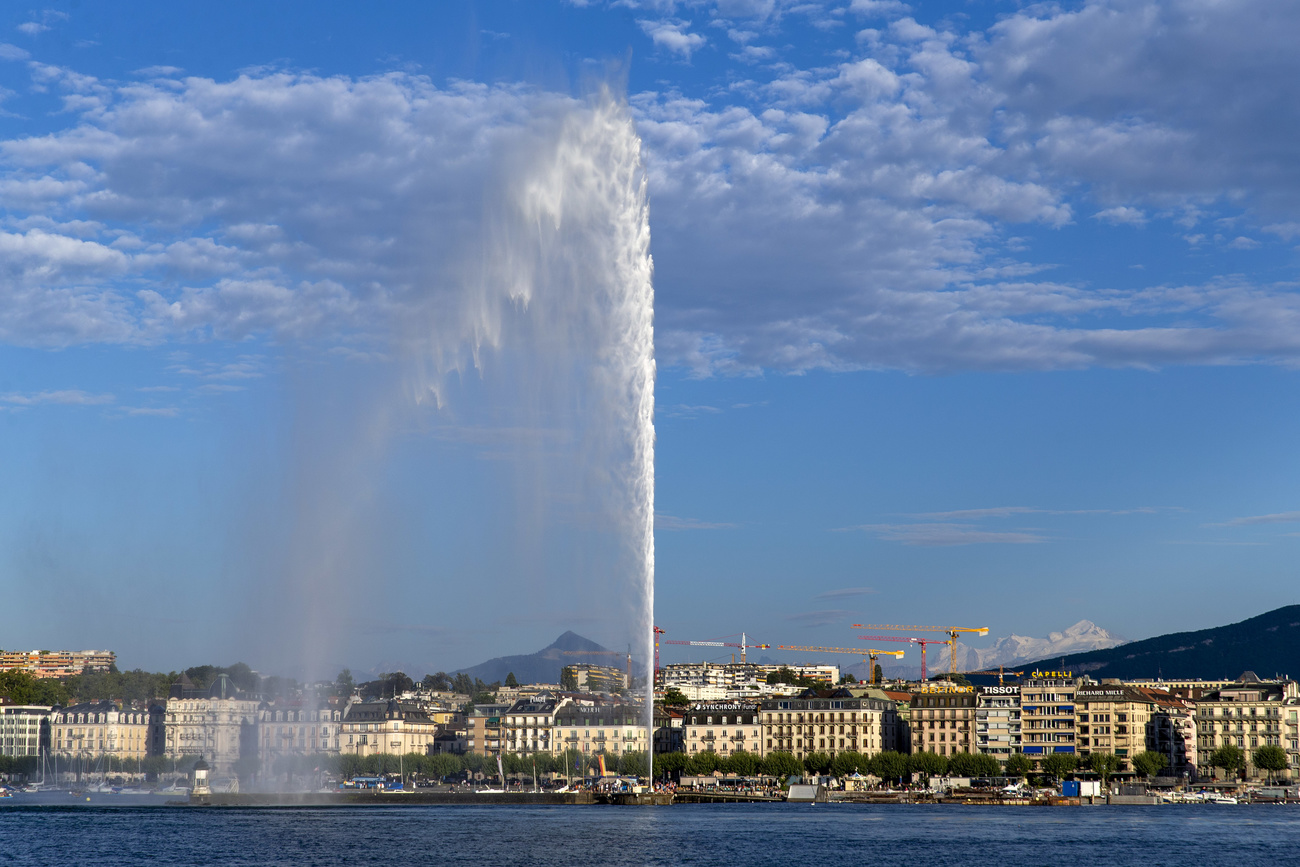
More
Biden-Putin summit: Why Geneva?
Sylvan says it is what the Swiss have been doing for decades, and they are very good at it. Geneva’s infrastructure, tight security, meticulous (we hope) Swiss organisation and a luxurious lakeside setting are all part of that. But will it increase International Geneva’s pull-factor? Sikorsky thinks it boosts the city’s prestige but is unsure of any long-term impact.
And Sylvan agrees. Installation of international organisations in Geneva has a lot more to do with things like cost of living and taxes, he points out. “One could even argue that if you’re another European city trying to poach or attract new international organisations, you could say it’s time for someone else to share the load – you even got Putin and Biden!”

In compliance with the JTI standards
More: SWI swissinfo.ch certified by the Journalism Trust Initiative












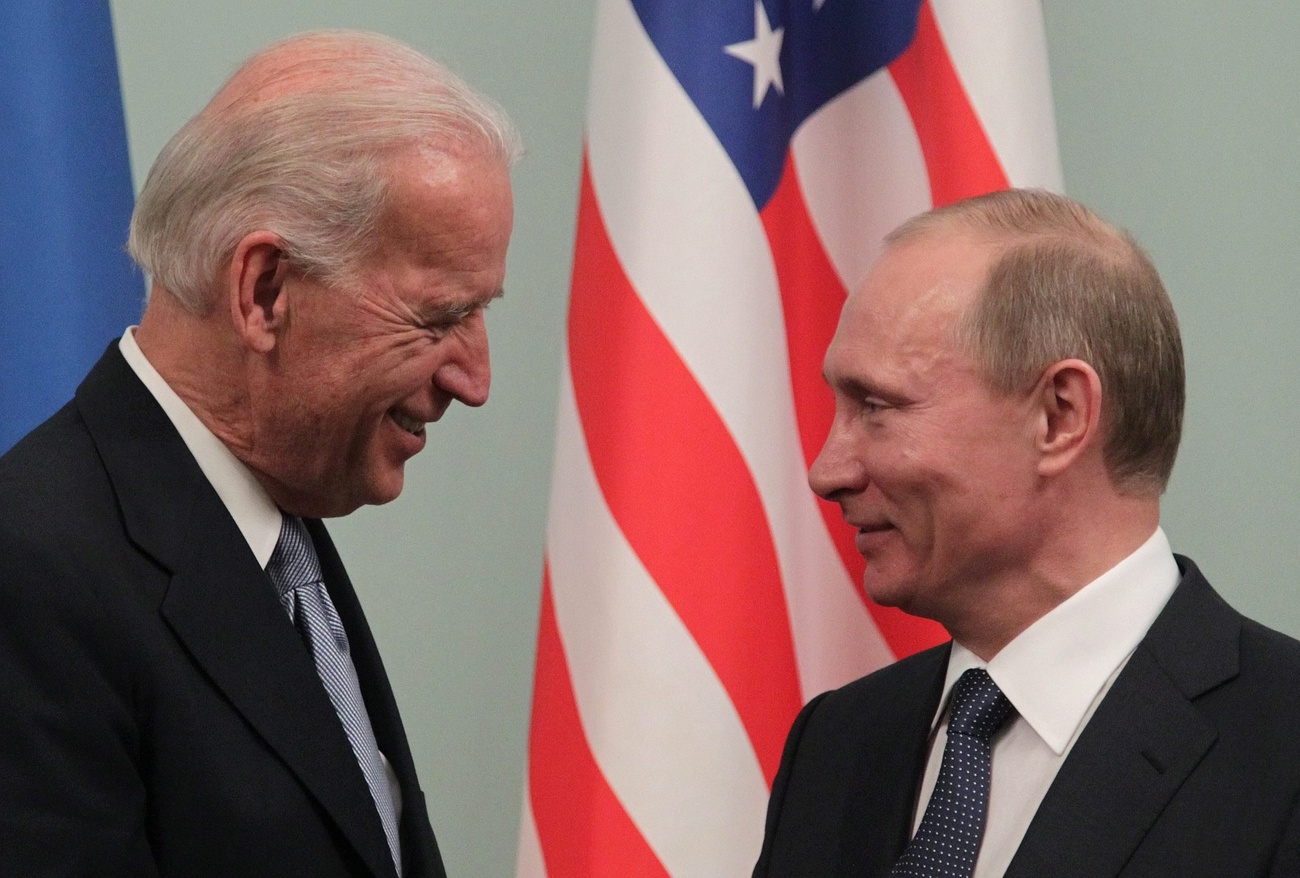

You can find an overview of ongoing debates with our journalists here . Please join us!
If you want to start a conversation about a topic raised in this article or want to report factual errors, email us at english@swissinfo.ch.